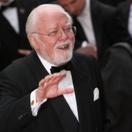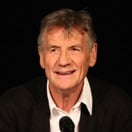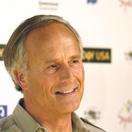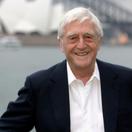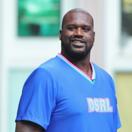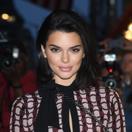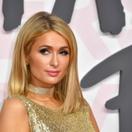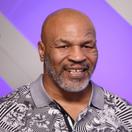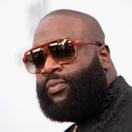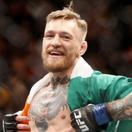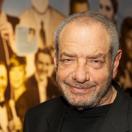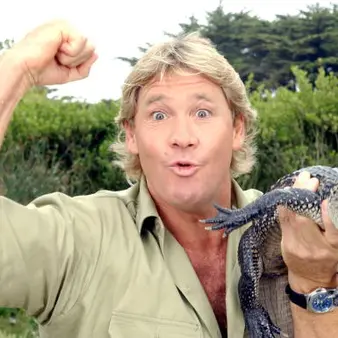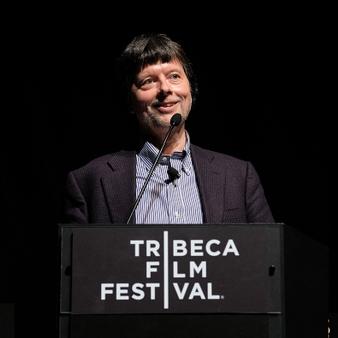- Category:
- Richest Celebrities
- Net Worth:
- $15 Million
- Birthdate:
- May 8, 1926 (97 years old)
- Birthplace:
- Isleworth
- Gender:
- Male
- Height:
- 5 ft 10 in (1.78 m)
- Profession:
- Actor, Naturalist, Television producer, Writer, Presenter, Environmentalist, Screenwriter, Broadcaster
- Nationality:
- United Kingdom
What is David Attenborough's Net Worth?
David Attenborough is an English broadcaster and naturalist who has a net worth of $15 million. David Attenborough, the brother of actor Lord Richard Attenborough, is best known for narrating the nine natural history documentary series forming the "Life" collection. David studied Natural Sciences at Cambridge University (Cambridge, England, UK), graduating in 1947, the same year he also began a two-year stint with the National Service in the Royal Navy. In 1952, he joined BBC Television at Alexandra Palace and in 1954 began his popular "Zoo Quest" series.
In 1965, Attenborough was promoted to Controller of BBC2 and as such was responsible for the introduction of color television to Britain as well as bringing in Monty Python's Flying Circus in 1969. He was later appointed Director of Programmes until he left in 1973 to return to program making, citing his dislike of being behind a desk. In 1997, entering into his seventies, Attenborough was not slowing down. He completed the epic 10-part series for the BBC, "The Life of Birds" (1998), along with writing and presenting the three-part series "State of the Planet" (2000) and "The Life of Mammals" (2002). Attenborough received honorary degrees from many universities across the world and is a patron and/or supporter of many charitable organizations. His services to television were recognized in 1985 when he was knighted and became Sir David Attenborough.
BBC Salary
According to the BBC's public disclosures, David Attenborough has at times been one of the highest paid people at the network, with earnings that typically land in the range of 1.1 million pounds per year. Part of that income is supplemented by payments from Sky News and other global media networks.
Early Life
David Attenborough was born on May 8, 1926 in Isleworth, Middlesex, England. He grew up in College House on the campus of the University of Leicester, where his father worked as a principal. He was raised with his younger and older brothers. During World War II, his parents also fostered two Jewish refugee girls from Germany.
Attenborough was very interested in collecting fossils, stones, and natural specimens from a young age. He attended Wyggeston Grammar School for Boys in Leicester and then won a scholarship to attend Clare College, Cambridge in 1945, where he achieved a degree in natural sciences. In 1947, he began two years of service in the Royal Navy and was primarily stationed in North Wales.
Career
After leaving the Navy, Attenborough took a position editing children's science textbooks for a publishing company, though he did not enjoy it. He applied for a job as a radio talk producer with the BBC. Though he was rejected, his resume did attract the interest of Mary Adams, head of the BBC's very new television service. She offered him a three-month training course, which he accepted. In 1952, he joined the BBC full-time and first began appearing on television in quiz show programs and musical series.
His association with natural history programs began when he produced and presented the three-part series "Animal Patterns." The program featured animals from the London Zoo with naturalist Julian Huxley discussing the animals' various features and habits. While making this program, Attenborough met Jack Lester, who was in charge of the zoo's reptile house. Together, they decided to make "Zoo Quest," a show about an animal-collecting expedition. After Lester became ill, Attenborough began hosting the show himself in 1954.
In 1957, the BBC Natural History Unit was formally established in Bristol. Attenborough was asked to join it but declined as he did not want to move his family from London. Instead, he formed his own department called the Travel and Exploration Unit, which allowed him to continue producing "Zoo Quest" while also making other documentaries. In the early 1960s, Attenborough resigned from the BBC to study for a postgraduate degree in social anthropology at the London School of Economics. However, he later returned to the BBC as a controller for BBC 2 in 1965.
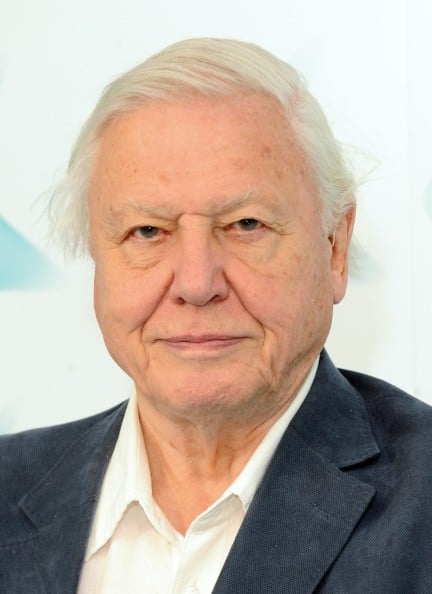
Stuart C. Wilson/Getty Images
When Attenborough took over BBC 2, he changed the schedule and rebranded the network in order to attract a more diverse and wider audience. He included programs covering drama, travel, comedy, science, music, the arts, and natural history in the weekly schedule. He did so well at BBC 2 that he was promoted to director of all of BBC's programs in 1969. However, he ultimately left the position a few years later as he much preferred making programs and writing.
Attenborough began working on what would become known as "The Life Collection" in 1979. He created "Life on Earth" in 1979. The series was very innovative, especially for its time. Five years later, he created "The Living Planet" and then "The Trials of Life" in 1990. These three series completed the original "Life" trilogy and focused on animal behavior during different stages of animal life.
In the decades that followed, Attenborough continued to use the "Life" title for a succession of other authored documentaries. These include "Life in the Freezer," "The Private Life of Plants," "The Life of Birds," "The Life of Mammals," "Life in the Undergrowth," "Life in Cold Blood," "Life on Land," and "First Life."
In addition to the "Life" works, Attenborough has worked on a number of other projects as well. He narrated every episode of "Wildlife on One" and also narrated the "BBC Wildlife Specials." He also worked with the "Planet Earth" team to create the biggest nature documentary ever made for television and the first BBC wildlife series to be shot in high definition. He returned as narrator and presenter for "Planet Earth II" in 2016.
Attenborough's career in television is prolific and he has received many awards and accolades throughout his life. In 1985, he received his Knight Bachelor and then in 2020 was honored in the Knight Grand Cross of the Order of St. Michael and St. George for services to television broadcasting and to conservation. He is the only person to have won BAFTA Awards in black and white, color, high-definition, 3D and 4K resolutions. He has also been the recipient of many awards, including three Emmy Awards for Outstanding Narration. By January of 2013, he had collected 32 honorary degrees from British universities, more than any other person.
Outside of his professional work, Attenborough has devoted much of this time later in life to advocacy. He has advocated for restoring biodiversity, limiting population growth, making the switch to renewable energy, trying to mitigate the effects of climate change, reducing meat consumption, and setting aside more land for natural preservation.
Personal Life
In 1950, Attenborough married Jane Elizabeth Ebsworth Oriel. The couple had two children together – Robert and Susan. Jane died in 1997 after almost fifty years of marriage. Both of Attenborough's children went on to have careers in education. In June of 2013, Attenborough was fitted with a pacemaker and then underwent surgery on both of his knees in 2015.

